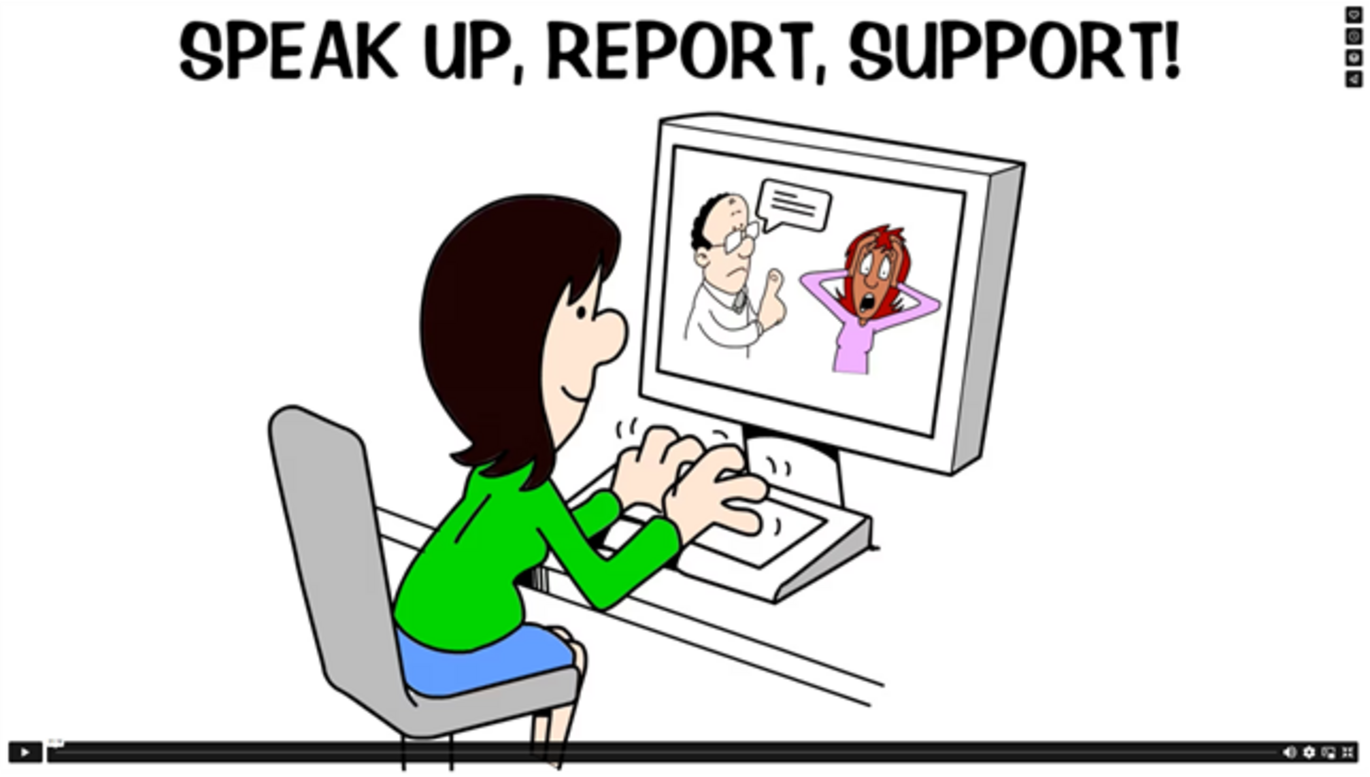Researchers aim to reduce hostility in social media debates
With support from the European Research Council (ERC), Professor Lasse Lindekilde is to head development of a tool to limit hostile user comments in online debates. The tool is intended for use by political parties and the media, for example.


Professor Lasse Lindekilde from the Department of Political Science at Aarhus University has received a Proof of Concept grant from the European Research Council (ERC). He will use the grant to refine and disseminate a tool he has developed with his research team as part of an existing research project.
The project, which also received funding from the ERC, studies how to get people to intervene when they encounter hostile behaviour in comment threads on social media in order to reduce hateful and abusive comments.
In short, the project studies how to get social media users to intervene when they see people being attacked or subjected to abuse online, instead of remaining passive, which research shows is the standard reaction on social media. For example, users can intervene by reporting the content, by expressing their disapproval in a comment, or by voicing their support for the victim.
Freely accessible tool for the media and public authorities
Preliminary results suggest that it is possible to get more users to constructively participate in moderating online debate via motivational instructions. Lasse Lindekilde has now been granted an additional DKK 1.1 million to further develop the tool and make it freely available to the media, NGOs, public sector authorities and political parties.
A prototype of the type of information that the organisations can provide for users of their social media platforms can be seen on this video: https://vimeo.com/813080013
"Hostile user comments on social media reduce the quality of online debate and make some people disengage, which is ultimately a threat to democratic debate. Social media platforms moderate content themselves, but an obvious solution is to democratise the process by getting ordinary users more involved in improving the tone of online debate. But this kind of mobilisation and behavioural change won’t happen by itself, and that’s why we need interventions like the one we’re currently working on," says Lasse Lindekilde.
The tool will be developed in collaboration with leading researchers in behaviour change from the Melbourne Centre for Behavior Change at the University of Melbourne: Centre Director and Professor Iain Walker and Professor John Cook.
Simon Tobias Karg, Tanja Marie Hansen and Jesper Rasmussen from the Department of Political Science at Aarhus University are also participating in the project alongside Lasse Lindekilde.
Facts about the ERC’s Proof of Concept Grant
The European Research Council has just awarded a Proof of Concept grant to 66 researchers across Europe. The aim of the funding is to help researchers unlock the commercial or societal potential of their existing research results. Each grant recipient receives EUR 150,000, corresponding to DKK 1.1 million.